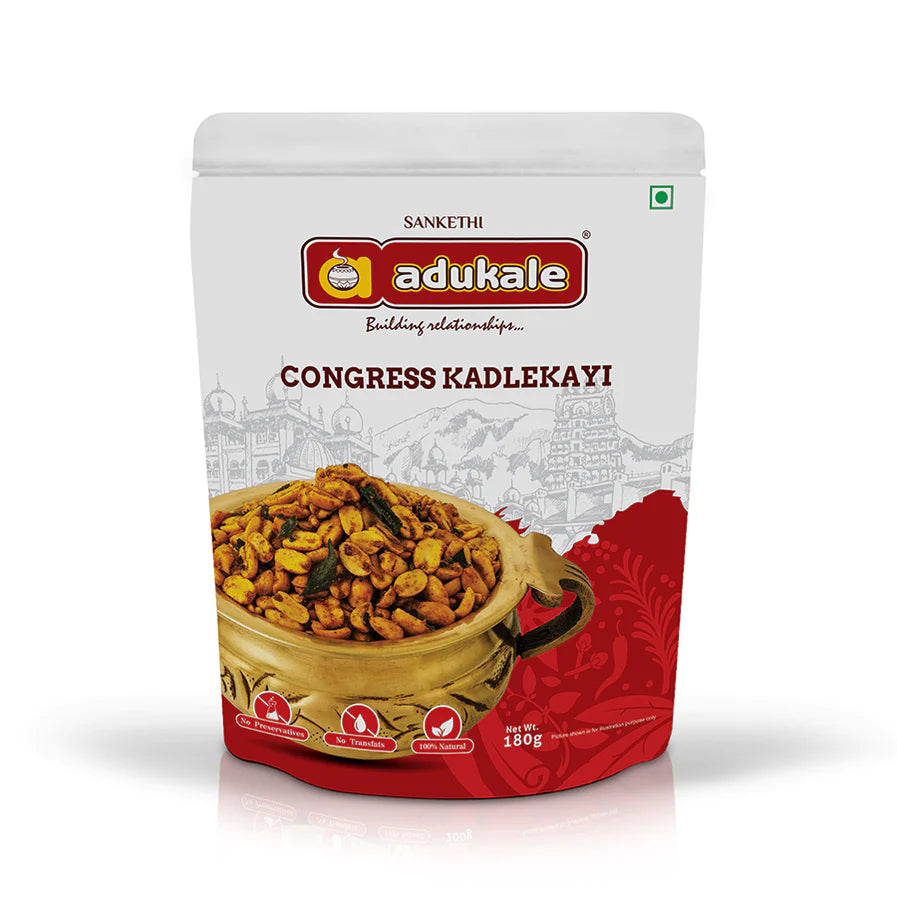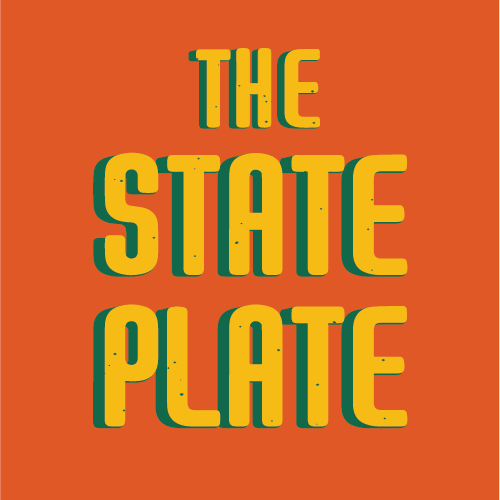Why is the food of West Bengal famous? What's so unique about Bengali food?
The food of West Bengal is famous for several reasons, and its culinary heritage is deeply rooted in the rich cultural diversity of the region. Here are some key factors contributing to its popularity:
-
Bengali Cuisine: Bengali cuisine is a significant part of the overall culinary heritage of India. It is known for its distinct flavors, the creative use of Spices, Kasundi's, Attar and a variety of cooking techniques. The food is usually prepared with a balance of sweet and savory flavors, reflecting the Bengali love for sweets.
-
Rices : In West Bengal, various types of rice are cultivated and consumed, each contributing to the rich culinary tradition of the region. Some of the famous types of rice from West Bengal include:
1. Gobindobhog Rice: Gobindobhog is a fragrant and short-grain rice variety native to West Bengal. It is highly prized for its sweet aroma, unique flavor, and slightly sticky texture when cooked. This rice is often used to prepare special dishes during festivals and celebrations.
2. Miniket Rice: Miniket rice is a medium-grain rice variety commonly grown and consumed in West Bengal. It has a pleasant aroma and is used for regular meals and special occasions alike. -
Variety of Preparations: The cuisine of West Bengal offers a diverse range of preparations, catering to both vegetarians and non-vegetarians. Whether it's the mouthwatering fish curries like "Rui Machher Jhol" or delicious vegetarian dishes like "Aloo Posto" (potatoes cooked in Posta dana poppy seed), the cuisine caters to diverse tastes.
-
Sweets and Desserts: Bengalis are renowned for their love of sweets, and the region boasts an extensive array of delectable desserts. Famous sweets like "Rasgulla," "Sandesh," "Mishti Doi," and "Rosogolla" have gained popularity not only within India but also internationally.
-
Festive Food: Festivals and celebrations are an integral part of Bengali culture, and food plays a crucial role in these occasions. Special dishes are prepared during festivals like Durga Puja, Poila Boishakh (Bengali New Year), and Kali Puja, further enriching the culinary tradition of the region.
-
Street Food Culture: West Bengal's capital, Kolkata, is famous for its vibrant street food culture. From the ubiquitous "Phuchka" (pani puri masala ) to "Kathi Rolls" and "Kolkata Chowmein," the streets of Kolkata offer a delightful culinary experience for locals and tourists alike.
-
Cultural Significance: Bengali cuisine is deeply intertwined with the cultural and social fabric of the region. Food is seen as a way of bonding and expressing love, and traditional recipes are often handed down through generations, preserving the culinary heritage of West Bengal.

